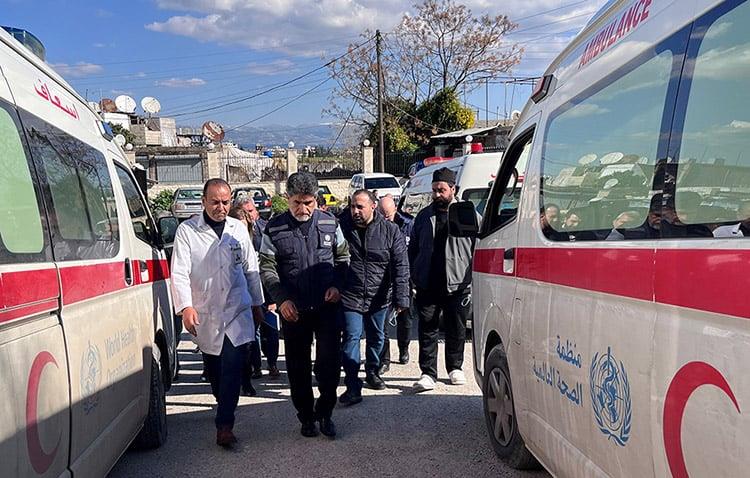
NEW YORK — United Nations Secretary-General António Guterres presented Thursday a set of recommended actions for the international community to help ensure all people are connected, respected, and protected in the digital age.
The Secretary-General’s Roadmap for Digital Cooperation is the result of a multi-year, multi-stakeholder, global effort to address a range of issues related to the Internet, artificial intelligence, and other digital technologies.
The Roadmap for Digital Cooperation comes at a critical inflection point for digital issues, with the COVID-19 pandemic accelerating digitization and magnifying both opportunities and challenges of digital technology.
The benefits of digital technology highlighted by the pandemic — such as collaborative vaccine research, remote work and learning, and e-commerce — also reflect a growing divide between people who are connected and those who are not.
Nearly half of the global population, 46.4 percent according to the International Telecommunication Union, cannot connect to the Internet and remain unable to fully participate in the digital age. Women are disproportionately affected with only 48% connected globally.
Meanwhile, as efforts to connect more people proceed, new vulnerabilities have arisen. Cyberattacks and misinformation threaten human rights, privacy, and security.
The rapid speed of adoption of digital technology has outpaced policy and governance at the national, regional, and global levels. The Secretary-General’s newly announced road map seeks to address these challenges by recommending concrete action to harness the best of these technologies and mitigate their risks.
“To fully reap its benefits and contain potential harms we must ensure the digital age is defined by increased international cooperation,” said Guterres. “There are no borders in cyberspace. Today I call on all UN member states and our partners in industry and civil society to expand cooperation on digital technology issues.
“Only by working together can we connect all people by 2030, respect human rights online, and protect the most vulnerable from the potential perils of the digital age.”
To meet the call to connect, respect, and protect the online world, the action-oriented road map presents the Secretary-General’s recommendations for concrete action by diverse stakeholders that would enhance global digital cooperation in the following areas:
• Achieving universal connectivity by 2030 — everyone should have safe and affordable access to the Internet.
• Promoting digital public goods to unlock a more equitable world — the Internet’s open source, public origins should be embraced and supported.
• Ensuring digital inclusion for all, including the most vulnerable — under-served groups need equal access to digital tools to accelerate development
• Strengthening digital capacity building — skills development and training are needed around the world.
• Ensuring the protection of human rights in the digital era — human rights apply both online and offline.
• Supporting global cooperation on artificial intelligence that is trustworthy, human- rights based, safe and sustainable and promotes peace.
• Promoting digital trust and security — calling for a global dialogue to advance the Sustainable Development Goals.
• Building a more effective architecture for digital cooperation — make digital governance a priority and focus the United Nation’s approach.
The secretary-general’s road map builds on recommendations made by the high-level panel on digital cooperation, and input from member states, the private sector, civil society, the technical community and other stakeholder groups.
The high-level panel on digital cooperation, co-chaired by Melinda Gates and Jack Ma, represented an unprecedented mix of disciplines and sectors as well as geographic, gender and age diversity. The Panel’s report, submitted in June 2019, was followed up with extensive multi-stakeholder outreach and consultations to provide input and help shape the road map. — SG









